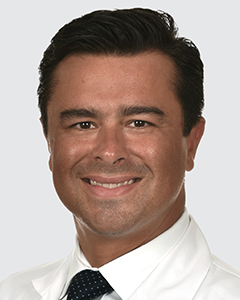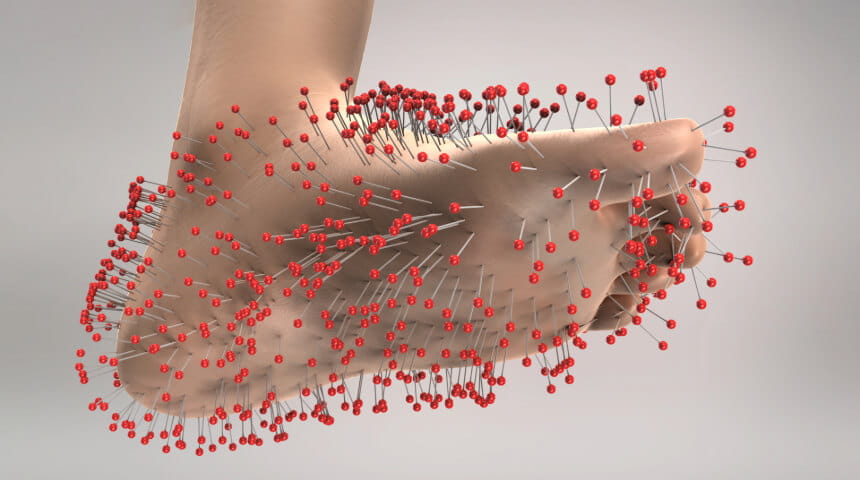Nearly 2 million brain cells die every minute that passes after having a stroke. Caused by decreased blood flow to the brain, a stroke can lead to serious consequences or even death without a quick response. Given that this common brain injury affects almost 800,000 Americans each year, it’s important we all learn the stroke symptoms to look for.
What Does B.E. F.A.S.T. Stand For?
For many years, the stroke awareness slogan was simply F.A.S.T. Over the last three years, more evidence has shown that expanding the slogan’s symptoms to B.E. F.A.S.T. can identify even more patients who have suffered a stroke. Updating the slogan to include two important new symptoms of stroke can help protect you and your loved ones.
Here’s what each letter stands for:
B — Balance (loss of coordination, trouble walking, stumbling, falling, feeling dizzy)
E — Eyes (vision loss, double vision, blurry vision)
F — Face (drooping, the face appears uneven, one side of the face is weak or numb)
A — Arms (weakness or numbness in the arm, especially if it’s on one side of the body)
S — Speech (slurred speech, trouble getting words out, speaking gibberish)
T — Time (is of the essence, so call 911 immediately)
Why Is Stroke Awareness So Important?
One thing we know for certain about strokes is this: The faster a patient is able to get to the hospital after they have a stroke, the greater the likelihood they will be able to recover. Why? Every minute that passes after having a stroke, hundreds of thousands of brain cells will die. There’s no time to waste.
What Is the Cause of Stroke?
While it’s most important that people know the signs of stroke, it’s also valuable to understand its causes. There are two types of strokes that occur most frequently. During an ischemic stroke — the most common type — blood that travels to the brain through vessels is disrupted by a blood clot or the presence of fatty deposits. Because this blood provides oxygen and nutrients, the part of the brain supplied by that blood vessel can become damaged. During a hemorrhagic stroke — a less common type — a weakened blood vessel ruptures, causing blood to accumulate around and compress brain tissue.
Who Is at Greater Risk for a Stroke?
While everyone should be aware of the signs of stroke, some people are more likely to suffer from this brain injury than others.
The risk factors for stroke include:
-
High blood pressure
-
Diabetes
-
High cholesterol
-
Atrial fibrillation
-
Smoking
-
A sedentary lifestyle
-
Sleep apnea
-
Heavy alcohol and/or illegal drug use
Choose to Stay in Touch
Sign up to receive the latest health news and trends, wellness & prevention tips, and much more from Orlando Health.
Sign Up





